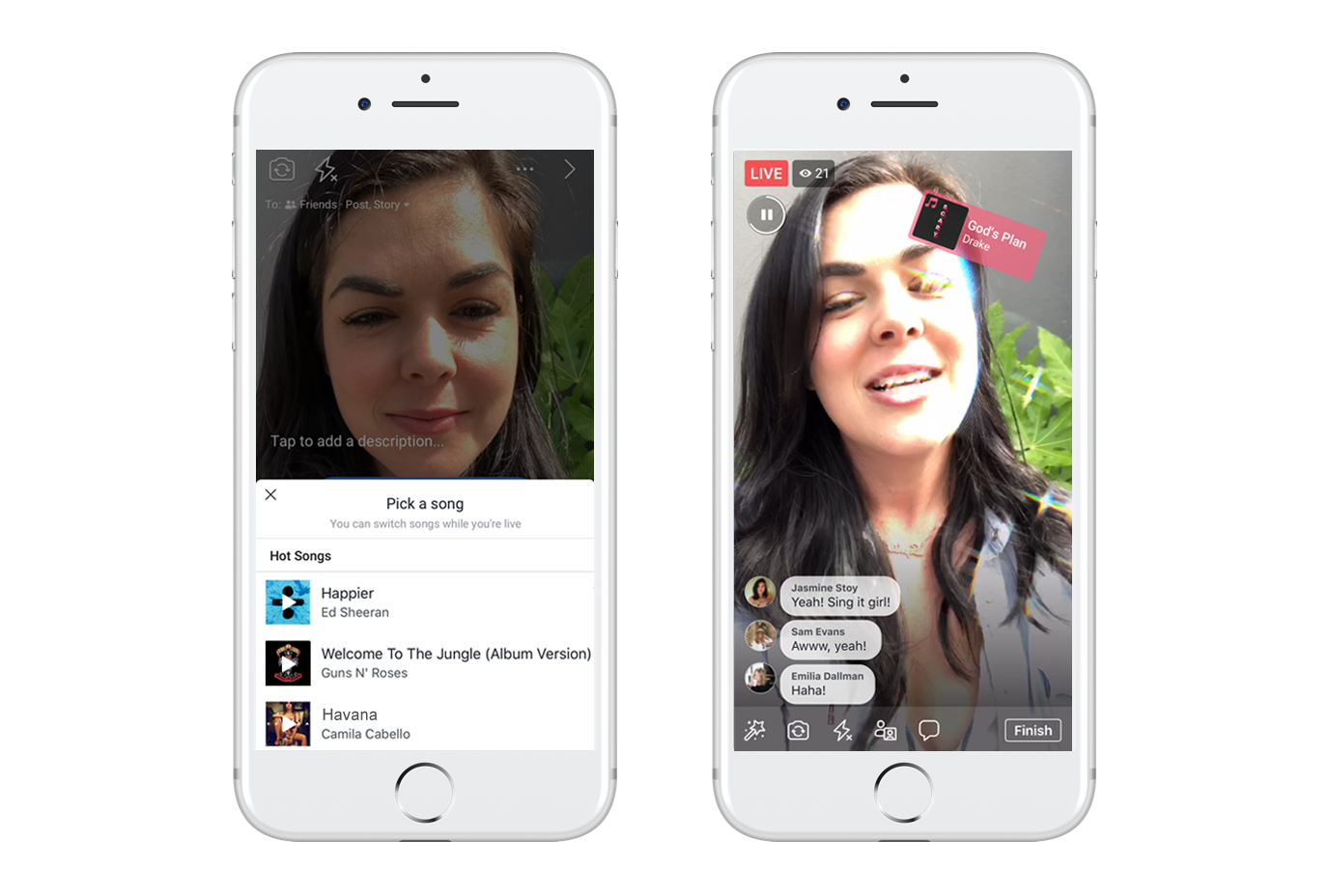
Facebook now lets you lip sync to your favorite songs
Having recently set up licensing deals with some major record labels, Facebook has now started introducing new music experiences to the platform.
The first of these additions is the ability to share videos with music, but it’s Lip Sync Live which is the more interesting feature.

New analytics platform helps deliver AI for business
The biggest challenges that businesses face when implementing AI projects relate to the handling of data as it often sits in a separate silo.
Analytics specialist Databricks is addressing this problem with a Unified Analytics Platform with new capabilities to unify data and AI teams and technologies.

Florida residents have the worst cybersecurity habits in the US
A study by cybersecurity company Webroot in conjunction with the Ponemon Institute finds Florida to be the worst state in the US for cyber-hygiene.
Ponemon surveyed 4,000 people across the US about their cybersecurity knowledge and internet safety practices. Wyoming and Montana come close behind Florida in poor internet habits. The safest online behavior is displayed in New Hampshire, Massachusetts, and Utah.

A third of IT professionals don't know how many endpoints they manage
A poll of 1,000 IT professionals across North America and Europe finds that while 88 percent of respondents acknowledge the importance of endpoint management, nearly a third don't know how many endpoints they actually manage.
The study by identity and access management company LogMeIn shows a worrying 30 percent of IT professionals don't know how many endpoint devices exist within their organization. Those who do report an average of 750 endpoints including servers, employee computers and mobile devices.
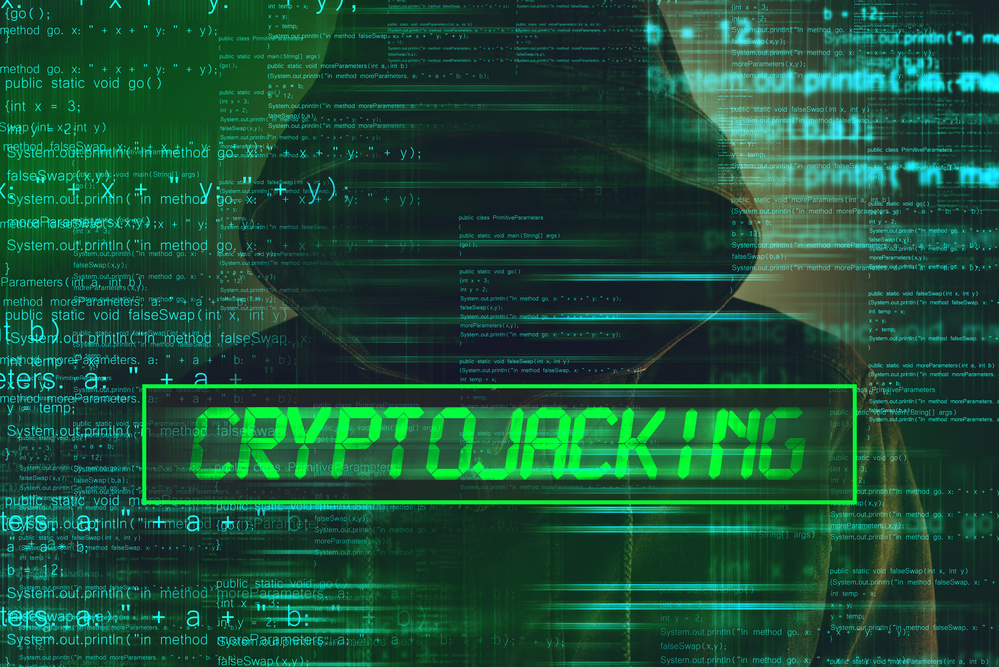
Serverless applications open to new wave of cryptojacking
Serverless computing is increasingly popular as it allows developers to upload code for functions to the cloud rather than run it on local servers.
But specialist in serverless security PureSec has released a report detailing how hackers can turn a single vulnerable serverless function into a virtual cryptomining farm by taking advantage of the scaleable nature of the architecture.

Sophisticated keyloggers target financial services companies
Analysis of malware samples found among finance firms has uncovered an unusually large number of iSpy keylogger samples. iSpy is a variant of the notorious HawkEye logger.
Network-based malware protection specialist Lastline intercepted the logger's communication with the command and control server and detected the active exfiltration of website, email and FTP credentials, as well as license key information for installed products.

Companies are still struggling to secure the cloud
A new survey from data analytics platform Sumo Logic finds a staggering 98 percent of European companies face organizational challenges implementing security in cloud environments.
The survey of over 300 IT security professionals responsible for environments with significant investment in both cloud and on-premise IT infrastructure covered the US and Canada, and Europe, The Middle East and Africa (EMEA).

44 percent of organizations have suffered a data breach in the last year
In the last 12 months, 44 percent of organizations have suffered at least one data breach. More worrying is that of those reporting a data breach, the average was almost 30 data breaches per organization in the last year.
This is according to a study from identity management company SailPoint, released at this week's Infosecurity Europe. These breaches cost the organizations nearly $1 million to address from an IT perspective, which excludes fines, lost revenue and brand damage.
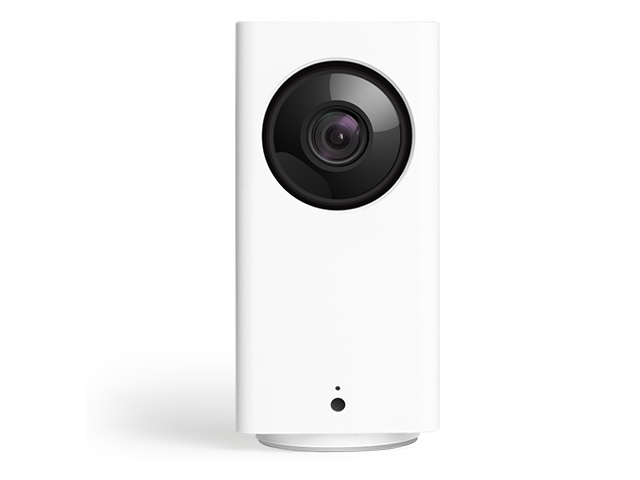
#BetaNews20 Giveaway: Wyze Cam Pan smart home Wi-Fi security camera
For the entire month of June, BetaNews will be having many giveaways. Why? To celebrate our 20th birthday! Our first such contest went live last week, and if you haven't yet entered, you should. That prize is the Linksys Velop Dual-Band Whole Home Mesh Wi-Fi System, and it rocks!
Today, our second such giveaway begins, and yet again, the prize is really nice. What is it? The Wyze Cam Pan. This is the newest home Wi-Fi security camera from Wyze Labs, and it adds a feature normally reserved for more expensive models -- pan and tilt. Using your smartphone, you can move the lens, but also, you can rotate the camera 360 degrees. How cool is that?
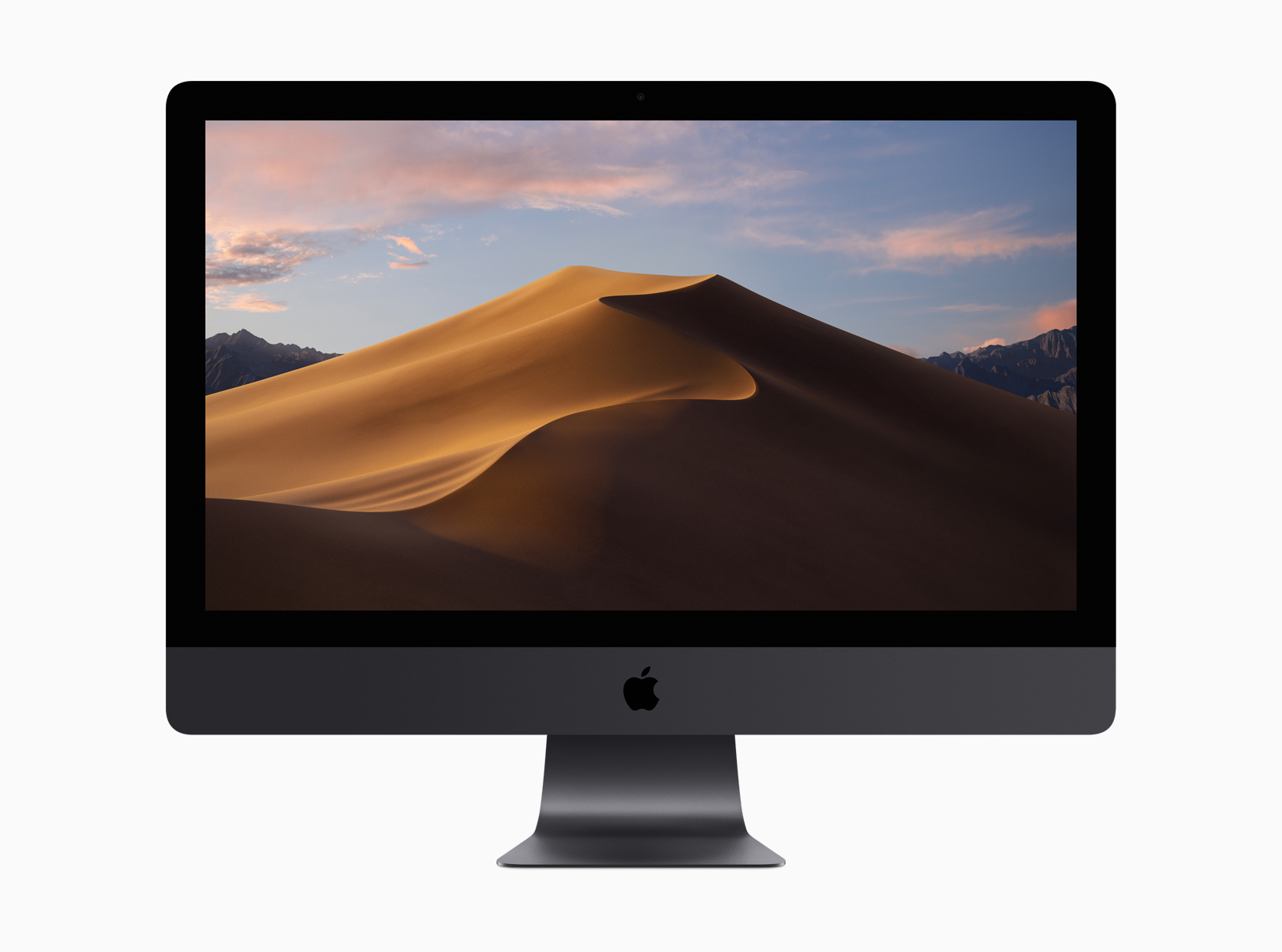
Apple introduces macOS Mojave with Dark Mode, desktop Stacks and more
This year's Apple WWDC has been all about software, with the focus on new versions of iOS, watchOS, tvOS, and of course macOS.
The next version of the Mac desktop operating system will be called Mojave -- named after the Californian desert -- and introduces a number of new features and improvements, including a cool new Dark Mode.
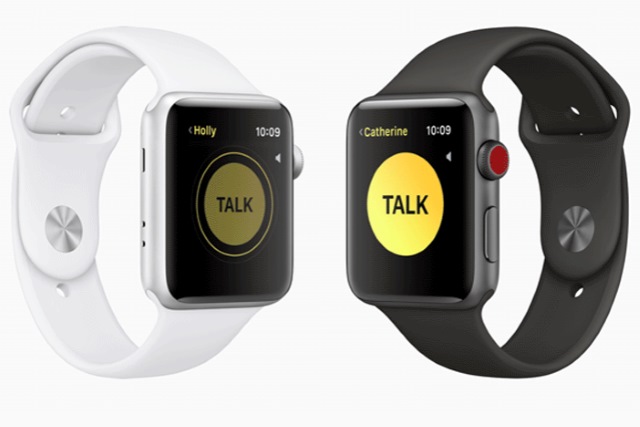
Apple reveals watchOS 5, complete with new Walkie-Talkie app
Apple Watch owners have a new operating system upgrade to look forward to -- watchOS 5. Revealed today at WWDC alongside iOS 12, watchOS 5 introduces a number of new features including a Walkie-Talkie app and a range of new workout-related options.
The update brings interactive notifications, improvements to Siri, and the ability to use an Apple Watch in place of a student ID card. Apple also revealed a new Pride Watch face which users can activate for free, and a Pride Edition Woven Nylon band which can be bought for $49.

Apple wants you to spend less time on your iPhone
At Apple's WWDC 2018 keynote today, the tech giant announced a raft of new features coming to iOS 12. If you’re concerned how much time you -- or your family -- spend on your iPhone or iPad, Apple has you covered with its next big release.
The company has introduced new options for the Do Not Disturb mode, greater control over notifications, and a Screen Time feature, which lets you see how much you use your phone and apps, and set limits.
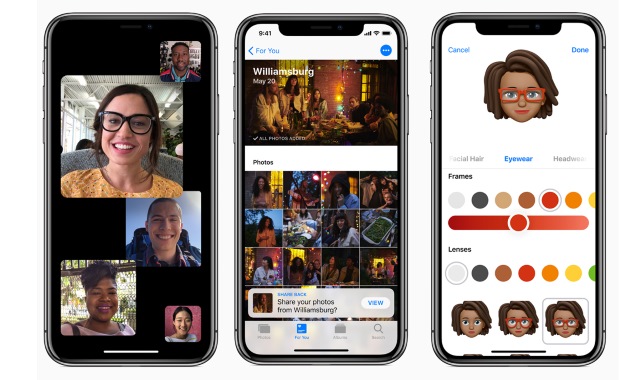
Apple reveals performance-focused iOS 12 for a massive range of iPhones and iPads
Today at WWDC 2018, Apple gave us our first look at iOS 12. One of the key focuses of this latest update to Apple's mobile operating system is performance, and the company is bringing iOS 12 to more devices than any other previous version.
Craig Federighi, Apple's senior vice president of software engineering, told developers that the update will help to speed up app load times. On the iPhone 6s, for instance, apps load up to 40 percent faster, and the camera loads up to 70 percent faster. iOS 12 will boost performance when necessary, but take the processor down a notch when it can in order to save battery.
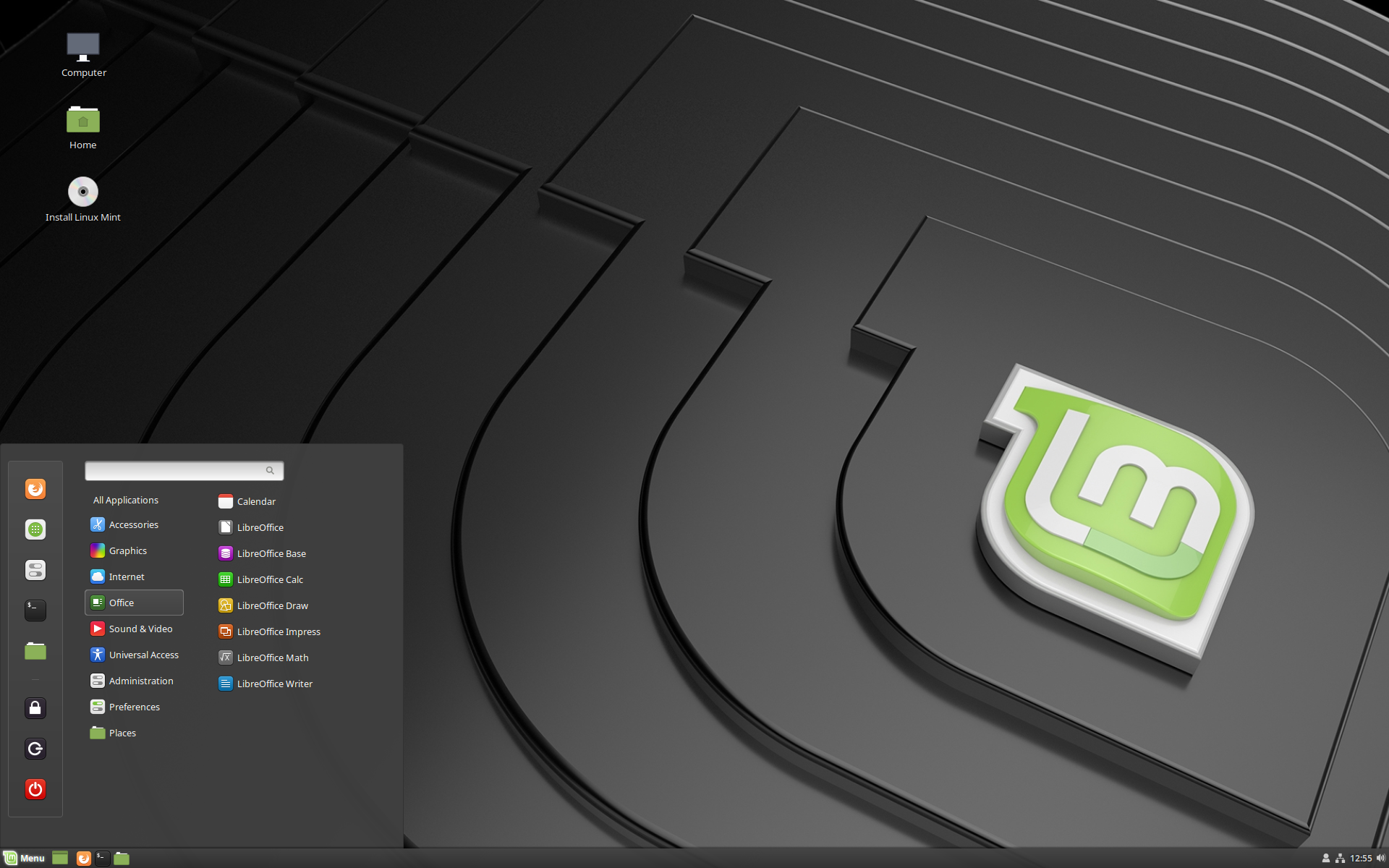
Ubuntu 18.04-based Linux Mint 19 'Tara' Beta is here with Cinnamon, MATE, and Xfce
Ah, Linux Mint. This operating system has its detractors, but for the most part, it is beloved by both Linux beginners and experts alike. True, most of the praise is due to its excellent Ubuntu base, but the Mint team understands what many other distribution maintainers don't -- the overall experience matters. When you install Mint, you are in for a polished treat -- it is clear that the developers truly care about the end users.
Today, Linux Mint 19 "Tara" Beta finally sees release. Three desktop environments are available -- Cinnamon (3.8), MATE (1.20), and Xfce (4.12). All of these DEs are excellent, but the shining star is Cinnamon. Tara is significant as it is based on the newest Ubuntu 18.04 and will receive updates until the year 2023. The included Linux kernel is version 4.15 and not 4.17 -- understandable, as it was only just released.

Employees in technology-enabled workplaces have better job satisfaction
People are happier in their work and more positive about the future if they're working in a digital environment, according to new research.
The report from cloud networking company HPE Aruba also shows workers are positive about using more automated technology, challenging the received wisdom that we’re all scared about machines taking our jobs.
